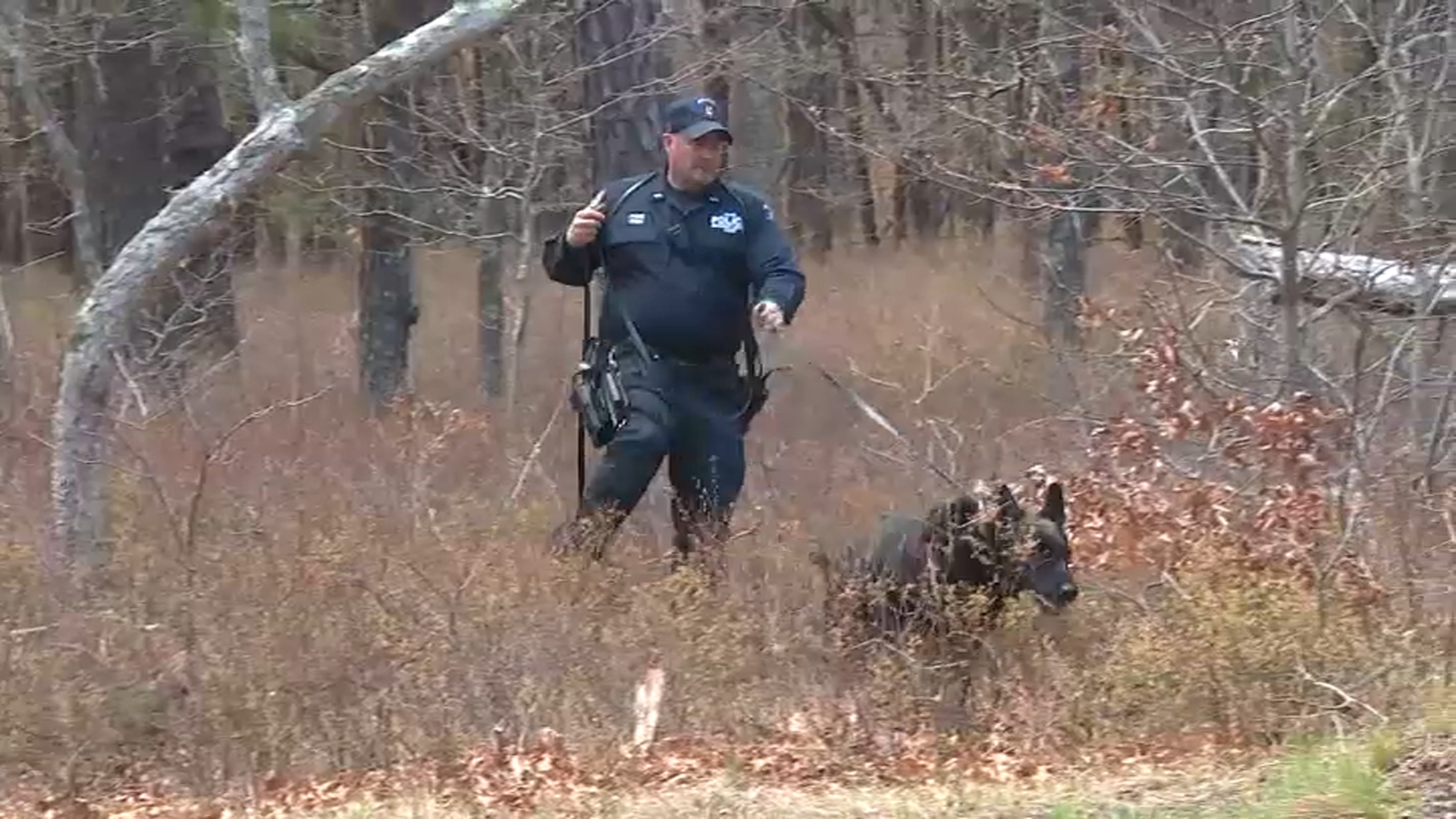In Dec. 2019, Ginny Duffy was soaking up the sun while on her eighth vacation in Aruba. She spent plenty of time in the ocean, and also used the resort's pool and the hot tub as she relaxed.
Little did she know that bacteria lurking somewhere in the water would nearly kill her.
"They told my family to start planning a funeral," Duffy said. "They did administer last rites from my parish priest. They didn't think I was going to make it."
The ordeal started when she felt excruciating pain in her left thigh the night before returning home to Staten Island. She said she was moaning in so much pain while on board the flight, the plane nearly had to go back so she could get help.
On Dec. 7, Duffy took a a cab straight from the airport to Staten Island University Hospital. But she remembers very little after that.
"The next thing I remember is waking up on Dec. 29 with half my leg gone," Duffy told NBC New York. "They had to sedate me when I saw it."
She was hospitalized for almost three months, with doctors performing 17 surgeries on her leg to remove what is called necrotizing fasciitis, or flesh eating disease.
News
"There are major blood vessels to that part of the leg, there major nerves — a very dangerous procedure removing unhealthy tissue and not injuring healthy tissue including arteries, nerves and muscles and joints," said Dr. Michael Cooper, who is the head of the hospital's burn unit where Duffy was treated.
Cooper said the disease isn't entirely uncommon. Five cases were reported over the summer by people who visited Long Island Sound. Necrotizing fasciitis can kill someone in a matter of hours, and in Duffy's case was caused by bacteria that got in through a cut in her leg.
"If she had not gone home and not sought medical attention, she would have died," Dr. Cooper said, crediting her quickly seeking medical attention and her fighting spirit for helping her survive.
But the former NYPD officer, girls' basketball referee and avid sportswoman said recovering during COVID has presented entirely new challenges, and has been almost more than she can bear.
"Everything was shut down and everybody left my side. I couldn't get out of the bed, chair. I had to take care of myself," Duffy said.
But she is still fighting, and still forever grateful for the health care workers who saved her life.
"Dr. Cooper was wonderful. The job he did saved my life, and the nurses and the PAs — all the doctors in that hospital saved my life," Duffy said.



